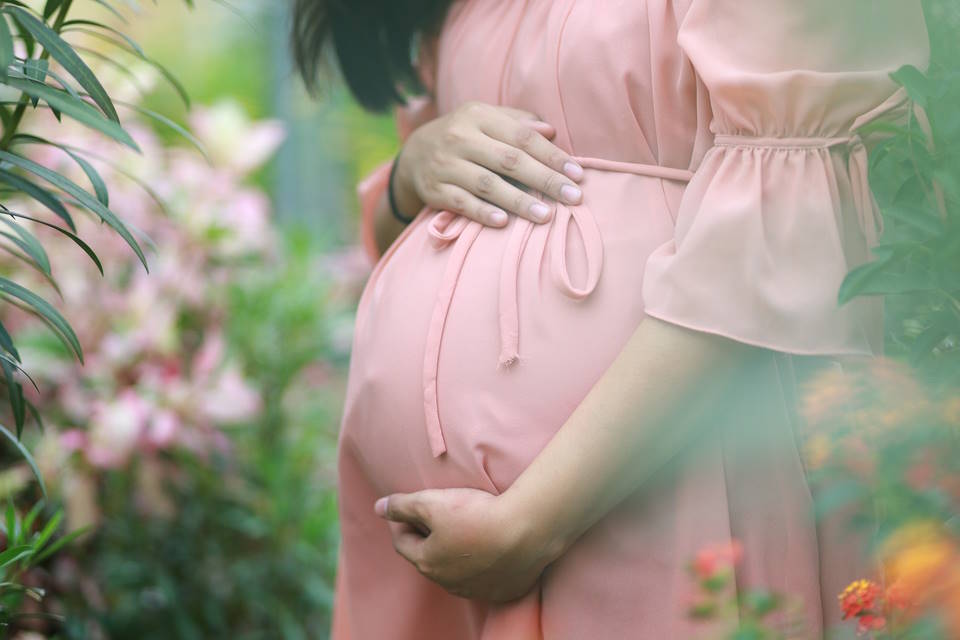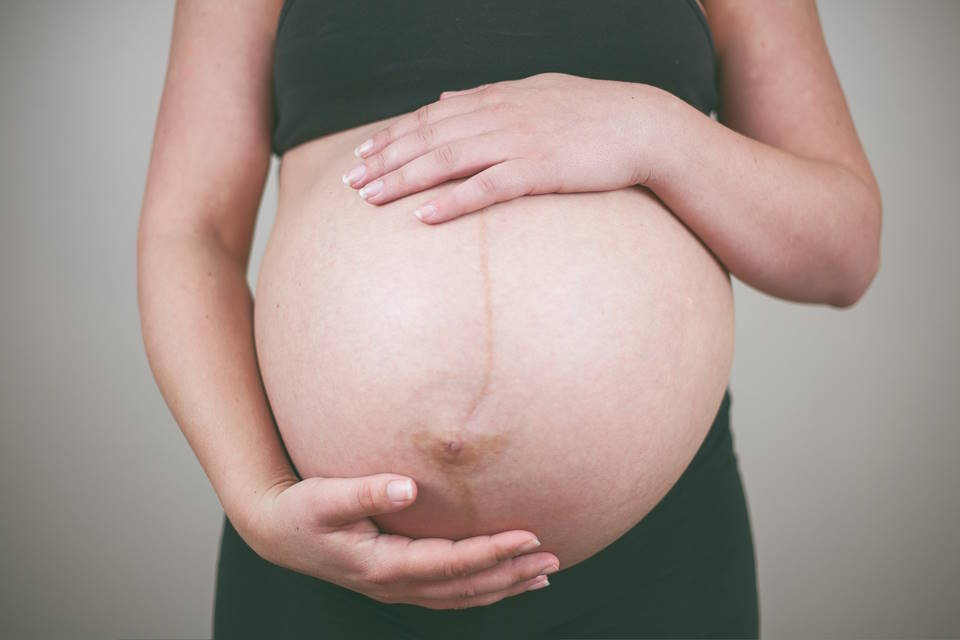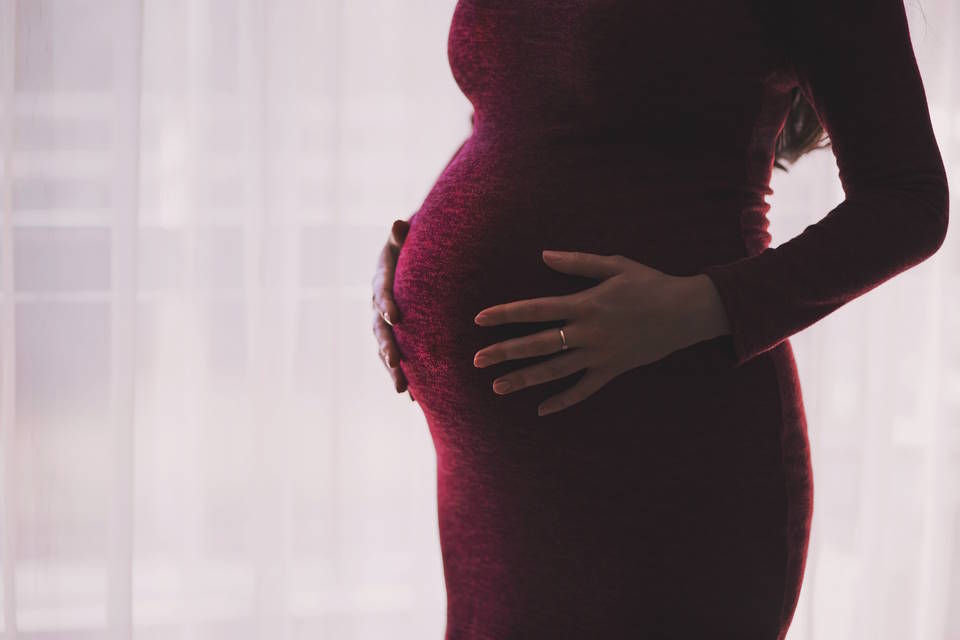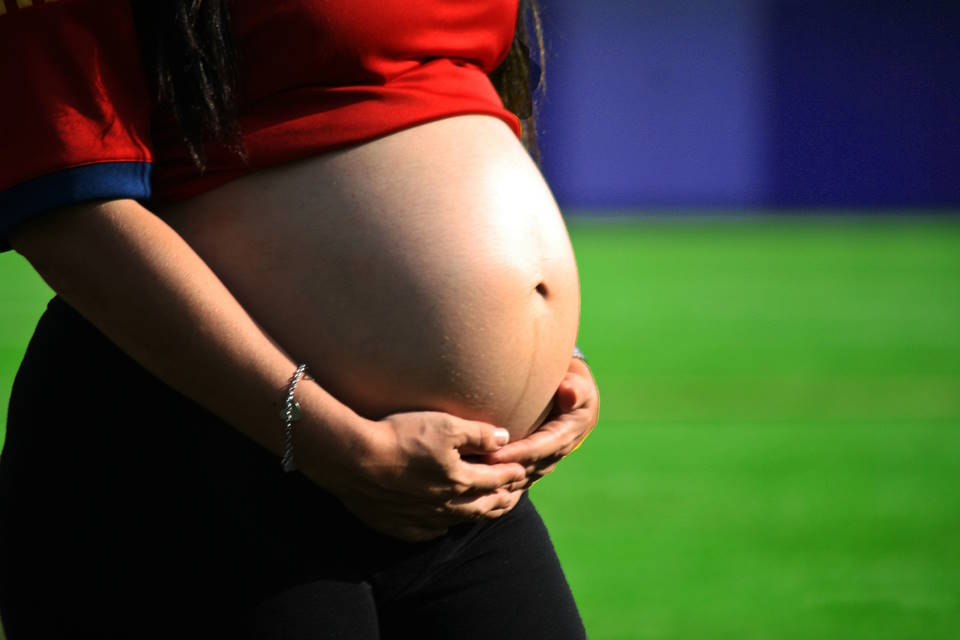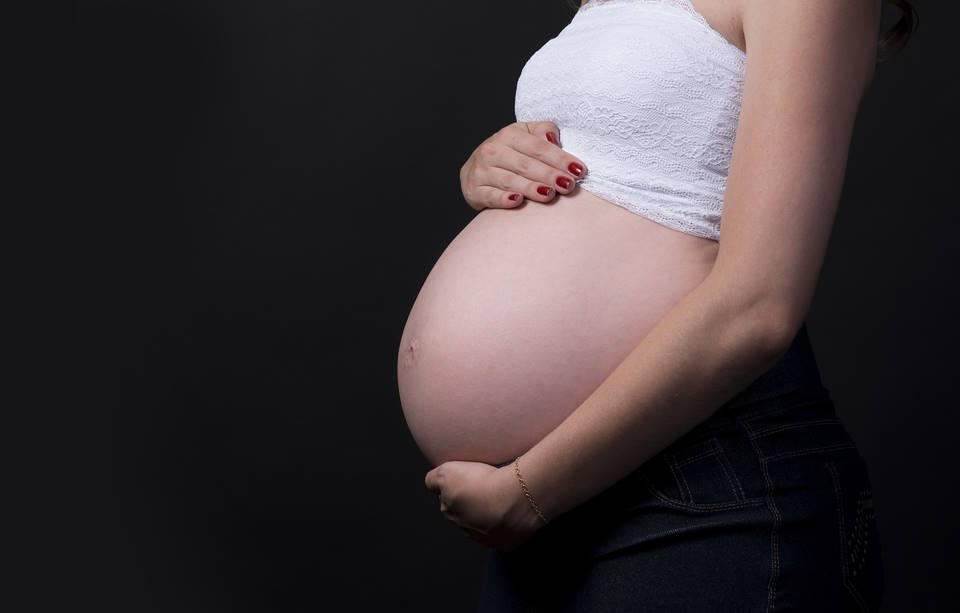The menstrual cycle is a natural process that women experience each month, and it plays a crucial role in fertility and pregnancy. Understanding the various stages of the menstrual cycle is essential for women who are trying to conceive, as it can help them identify their most fertile days. Additionally, being aware of the potential risks of pregnancy during menstruation is important for those who are sexually active. To prevent unplanned pregnancies, it’s crucial to explore effective birth control methods that can be used during this time. In this blog post, we will delve into these important topics to help women navigate their reproductive health with confidence.
Understanding Menstrual Cycle
Have you ever wondered about the menstrual cycle and how it affects your body? It’s a fascinating and complex process that all women experience, yet there are still many misconceptions and myths surrounding it. Let’s dive into the science behind the menstrual cycle and the different phases that occur.
Firstly, it’s important to understand that the menstrual cycle is controlled by hormones, primarily estrogen and progesterone. The cycle begins on the first day of your period, which is also known as day one of the cycle. The average menstrual cycle is around 28 days, but it can vary from person to person. During the first half of the cycle, estrogen levels rise, causing the lining of the uterus to thicken in preparation for a potential pregnancy.
As the cycle progresses, an egg is released from one of the ovaries during ovulation, which usually occurs around day 14. If the egg is not fertilized by sperm, the lining of the uterus is shed during menstruation, and the cycle starts all over again. This is a basic overview of the menstrual cycle, but there are many more intricate details and factors that can affect it, such as stress, diet, and exercise.
Fertility During Menstruation
Many people believe that a woman cannot get pregnant during her period, but the truth is that it is possible, although the chances are lower. Fertility during menstruation depends on several factors, such as the length of a woman’s menstrual cycle and the lifespan of sperm. It’s important to understand these factors to make informed decisions about contraception.
One of the key factors that affect fertility during menstruation is the length of a woman’s menstrual cycle. The average menstrual cycle is 28 days, with ovulation occurring around day 14. However, not all women have a 28-day cycle, and some may have cycles that are shorter or longer. This means that ovulation may occur earlier or later, affecting fertility during and after the period.
Another important factor to consider is the lifespan of sperm. While the lifespan of sperm varies, they can survive for up to five days in a woman’s body. This means that if a woman has sex towards the end of her period and ovulates shortly after, it is possible for the sperm to fertilize an egg, resulting in pregnancy. Therefore, it is important to use contraception, such as condoms or birth control pills, if pregnancy is not desired during menstruation.
Risks Of Pregnancy On Period
Many people believe that it is impossible to get pregnant during their period, but the truth is that the risk of pregnancy during this time is actually quite low. However, it is not impossible, and it is important to understand the potential risks involved.
First and foremost, it is important to note that **ovulation** can occur at different times for different women, and it is possible for a woman to ovulate shortly after her period ends. Sperm can live inside the body for up to five days, so if a woman ovulates shortly after her period, there is a chance that sperm could still be present and fertilize an egg, resulting in pregnancy.
Additionally, irregular menstrual cycles can make it difficult to predict when ovulation will occur, increasing the risk of getting pregnant during your period. It is always best to use **birth control** methods to reduce the risk of unwanted pregnancy, especially if you are not trying to conceive.
Effective Birth Control Methods
When it comes to managing your reproductive health, it’s important to have reliable methods of birth control. With so many options available, it can be daunting to choose the right one for you. However, by understanding the different types of birth control and how they work, you can make an informed decision that suits your needs.
One effective method of birth control is the use of hormonal contraceptives. These include birth control pills, patches, and injections, which all work by releasing hormones to prevent ovulation. Additionally, hormonal contraceptives can also make the cervical mucus thicker, making it difficult for sperm to reach the egg. These methods are highly effective when used correctly, but it’s important to consult with a healthcare professional to determine the best option for you.
For those looking for a long-term solution, intrauterine devices (IUDs) are a popular choice. This small, T-shaped device is inserted into the uterus and can provide protection against pregnancy for several years. There are hormonal and non-hormonal IUD options, allowing for flexibility and individualized care. IUDs are one of the most effective forms of birth control and provide peace of mind for an extended period of time.

